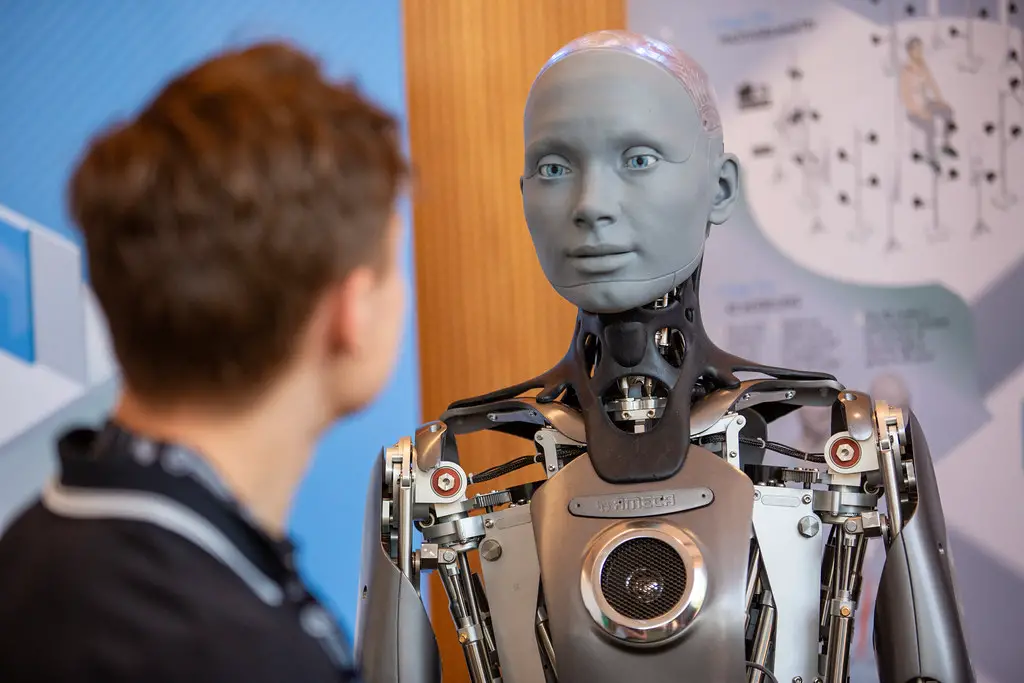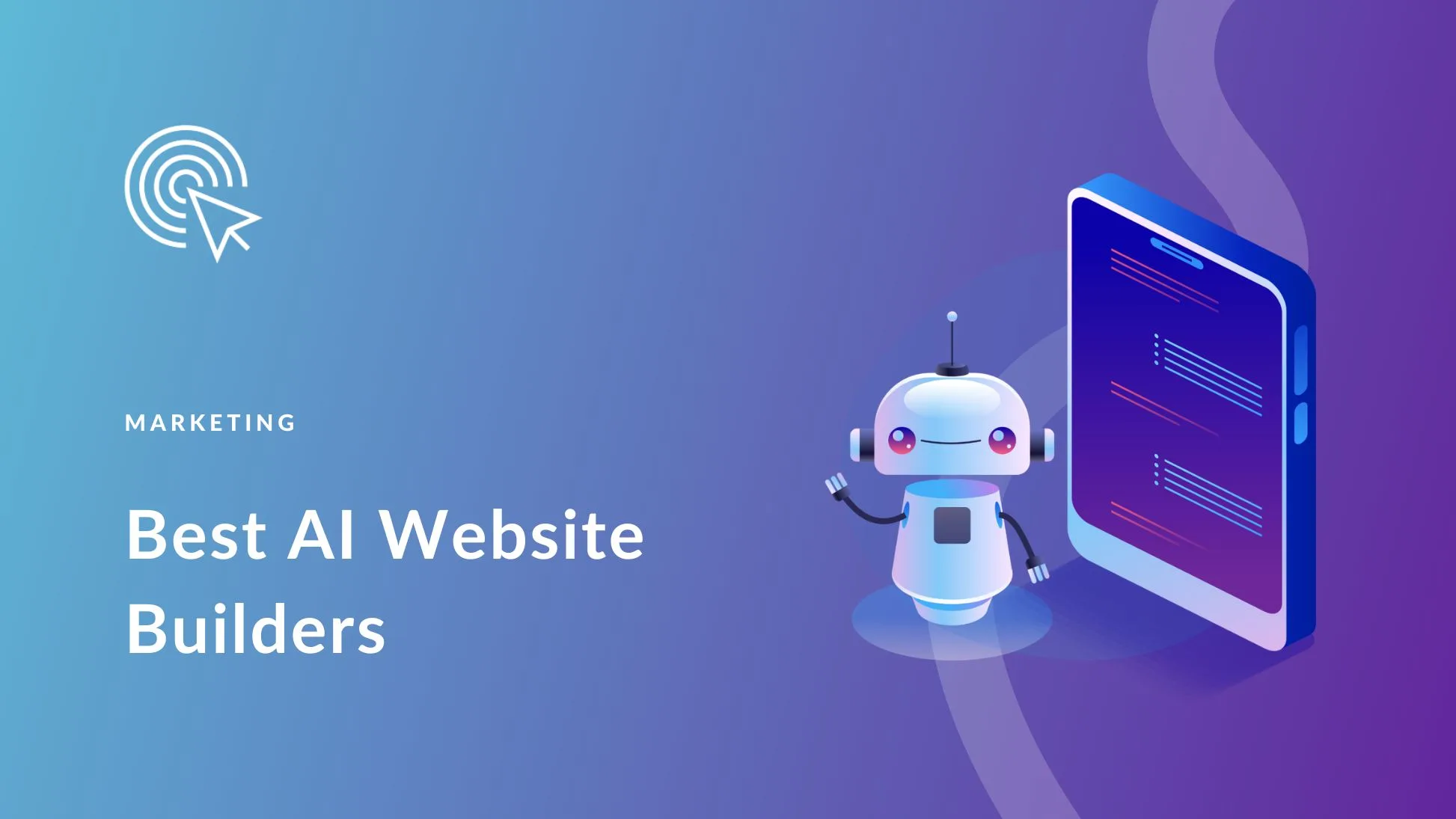Discover the transformative power of AI, from its basic concepts to real-world applications. Explore AI technology, machine learning, deep learning, and more.

Artificial Intelligence (AI): A Complete Overview
Artificial Intelligence (AI) is revolutionizing the way we live and work. This comprehensive guide explores the transformative power of AI, its underlying technologies, and its real-world applications.
Introduction :
Artificial Intelligence (AI) is not just a buzzword; it’s a transformative technology that is shaping our future. From self-driving cars to personalized recommendations, AI is changing the way we live and work. In this comprehensive guide, we’ll explore the fundamentals of AI, including machine learning, deep learning, and natural language processing (NLP). We’ll also delve into real-world applications of AI and its potential to revolutionize various industries.
Understanding AI :
Artificial intelligence (AI) refers to the simulation of human intelligence in machines that are programmed to think and act like humans. The goal of AI is to create systems that can perform tasks that would typically require human intelligence. These tasks include visual perception, speech recognition, decision-making, and language translation. AI systems are powered by algorithms that analyze large amounts of data and learn from it to perform specific tasks. Machine learning and deep learning are subfields of AI that focus on training machines to learn from data and make predictions.
Key Concepts of AI :
Machine Learning and Deep Learning:
Machine learning is a subset of AI that enables machines to learn from data without being explicitly programmed. Deep learning is a specialized form of machine learning that uses neural networks to simulate human-like decision-making.
Natural Language Processing (NLP):
NLP is a branch of AI that enables machines to understand, interpret, and generate human language. It allows computers to interact with humans in a natural way, enabling features such as speech recognition and language translation.
Computer Vision:
Computer vision is the field of AI that focuses on enabling computers to interpret and understand the visual world. It allows machines to analyze and process visual data, enabling applications such as image recognition and object detection.

Real-World Applications:
AI is already being used in various industries to automate tasks, improve decision-making, and enhance customer experiences. Some common applications of AI include:
- Healthcare: AI-powered systems can analyze medical data to assist doctors in diagnosis and treatment planning.
- Finance: AI algorithms are used to detect fraudulent transactions and make investment decisions.
- Retail: AI is used to personalize shopping experiences and optimize supply chain management.
- Transportation: Self-driving cars use AI to navigate and make real-time decisions on the road.
- Customer Service: AI-powered chatbots are used to provide instant customer support and assistance.
Conclusion :
As AI technology continues to advance, its impact on society will only grow. From improving healthcare outcomes to revolutionizing transportation, AI has the potential to transform every aspect of our lives. By understanding the fundamentals of AI and its real-world applications, we can harness its power to solve complex problems and create a better future for all.
What is artificial intelligence (AI)?
Artificial intelligence (AI) refers to the simulation of human intelligence in machines that are programmed to think and learn like humans. It encompasses various technologies such as machine learning, deep learning, and natural language processing (NLP). AI systems are designed to analyze vast amounts of data, recognize patterns, and make informed decisions or predictions.
How does machine learning relate to AI?
Machine learning is a subset of artificial intelligence (AI) that focuses on enabling computers to learn and improve from experience without explicit programming. It involves developing algorithms and models that can automatically learn from data and make accurate predictions or decisions. Machine learning techniques play a crucial role in many AI applications, allowing systems to understand and adapt to new information.
What is the role of deep learning in AI?
Deep learning is a specialized branch of machine learning that deals with artificial neural networks inspired by the structure and function of the human brain. It involves training deep neural networks with multiple layers to understand complex patterns and hierarchical representations in data. Deep learning has revolutionized AI by achieving remarkable breakthroughs in image recognition, natural language processing (NLP), and other areas where high-dimensional data is involved. It enables AI systems to perform tasks with exceptional accuracy and scalability.

![Ultimate AI Apps for Android! [Completely FREE]](https://www.aiavenue.net/wp-content/uploads/Ultimate-AI-Apps-for-Android-Completely-FREE.webp)


